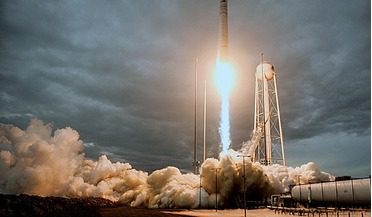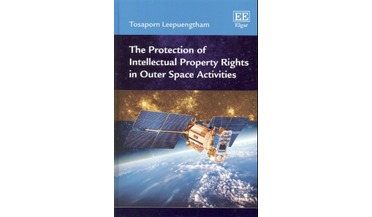 August 2016
Space stations - drivers of cooperation
August 2016
Space stations - drivers of cooperation
... of disputes around the world are territorial and since prevailing space legislation, particularly Article I and II of the Outer Space Treaty 1967, forbid claims to sovereignty in space, it would seem to make sense to drop the Westphalian concept...
 January 2018
Space nation's first orbiting satellite
January 2018
Space nation's first orbiting satellite
... scope of the boundaries of exisiting legislation, such as the Outer Space Treaty which was ratified in 1967. Freedom of exploration and the use of outer space is not only allowed by the Treaty (and the 1963 Declaration of Legal Principles Governing...
 July 2018
Rediscovering UK sovereign launch capability
July 2018
Rediscovering UK sovereign launch capability
...rather than the definitive last word on the regulation of space activities within the UK The central trunk of international space law is the Outer Space Treaty 1967. That treaty places requirements on individual signatory States to authorise, licence...
 October 2020
Morality, rights and responsibilities in space
October 2020
Morality, rights and responsibilities in space
... Universe’. This Declaration adopts the basic precedents of such documents as the Universal Declaration of Human Rights, the Outer Space Treaty and other applicable historic credos, while articulating the new reality of an open frontier that is owned...
 June 2022
Patent protection for space manufacturing
June 2022
Patent protection for space manufacturing
... first issue is which country’s jurisdiction space falls into. The 1967 Outer Space Treaty (Article VIII) states that “a State Party to the Treaty on whose registry an object launched into outer space is carried shall retain jurisdiction and control...
 04 February 2018
The Protection of Intellectual Property Rights in Outer Space Activities
04 February 2018
The Protection of Intellectual Property Rights in Outer Space Activities
... other celestial bodies has been under discussion, by space lawyers at least, since the signing of the Outer Space Treaty in 1967; the typical answer has always been ‘no-one owns outer space’ because it is part of the ‘heritage of mankind’. This view...